The World is Shifting: China’s Gold-Backed Yuan and the Looming Global Realignment
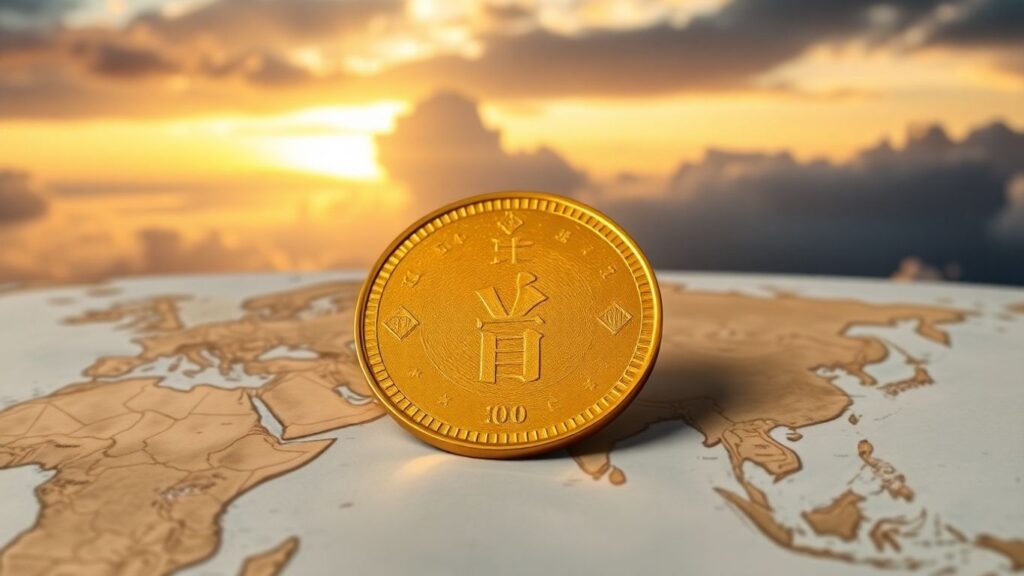
European hospitals are reportedly preparing for war, a chilling sign of escalating global tensions. Veteran British diplomat Alistair Crooke suggests we are moving towards a significant conflict, particularly concerning Iran and the wider Middle East. He notes that Israeli Prime Minister Netanyahu has long advocated for confronting Iran and installing a friendly government there. Simultaneously, the global financial landscape is undergoing a dramatic transformation, largely driven by China’s innovative approach to international finance.
China’s Super Monetary Highway and the Renminbi Settlement System
Alistair Crooke describes China’s initiative as a "Super China highway," a new financial infrastructure designed to bypass the traditional dollar-dominated system. A key development is the Shanghai Gold Exchange’s expansion, with new vaults in Hong Kong and Saudi Arabia. These vaults allow for gold warrants, which are essentially receipts for gold held in storage. These warrants can be used as collateral, potentially serving as a better alternative to US Treasuries, which are seen as devaluing.
This system is also linked to China’s growing debt market, including "panda bonds" denominated in the digital RMB. Russia, for instance, is expected to finance future energy projects using these bonds.
Furthermore, China has taken over and reinvented the BIS-led "m-Bridge" trial, now calling it the "Renminbi Settlement System." This system is operational, with 11 Asian and five Middle Eastern states already participating. China plans to open this technology to all Belt and Road countries, BRICS nations, and East Asian countries. Importantly, this system is incompatible with the dollar, pound, or euro, marking a significant departure from the existing financial order.
Key Takeaways
- China is establishing a new global financial infrastructure centered around the Renminbi Settlement System.
- This system is linked to gold through the Shanghai Metals Exchange, allowing for gold warrants to be traded as collateral.
- Several Asian and Middle Eastern countries are already using the Renminbi Settlement System.
- The system is designed to be incompatible with the dollar, pound, and euro.
- This shift is seen as a move away from dollar dependency and a potential challenge to Western financial dominance.
Geopolitical Shifts and Shifting Alliances
The changes in global finance are mirrored by significant geopolitical realignments. Saudi Arabia’s agreement with Pakistan, which includes provisions for nuclear weapons and mutual defense, is a notable example. This pact functions similarly to NATO’s Article 5.
In Egypt, the deployment of Chinese air defenses, rather than American ones, further illustrates this shift. Crooke views these developments as the beginning of a "tectonic" change in global alliances, suggesting that countries like Saudi Arabia feel increasingly betrayed by the US, especially after being asked to host groups like Hamas.
The Looming Threat of War
Crooke expresses serious concern about the possibility of a major war, particularly involving Iran. He points to Israeli Prime Minister Netanyahu’s long-standing desire to confront Iran. The UN Security Council’s vote to lift economic sanctions on Iran, and Iran’s potential withdrawal from the Nuclear Non-Proliferation Treaty (NPT), are seen as critical developments.
He also notes that hospitals in Britain and France are preparing for war, with the construction of temporary hospitals. While the exact reasons are unclear, Crooke speculates it could be a response to escalating tensions or a tactic to build fear, often linked to the narrative around Russia.
Europe’s Economic Fragility
Crooke believes Europe is on the brink of collapse, not just economically but potentially worse. He cites the large-scale demonstrations in France, with significant police presence, as an indicator of internal instability. He suggests that European elites might be using the conflict with Russia and support for Ukraine as a way to maintain control and unity within the European Union, fearing that this support could falter if Europe faces further economic crises.
The Decline of the Petrodollar and the Rise of Alternatives
The infrastructure being built by China is compared to the 1970s creation of the petrodollar system. However, China’s aim is broader: to enable countries to use their own currencies for trade and clearing, facilitated by Chinese technology. This contrasts with the petrodollar system’s focus on the dollar.
There are also indications that central banks are increasing their gold holdings, potentially signaling a move away from US Treasuries. While not a complete abandonment, there’s a gradual reduction in holdings of US debt. Crooke also touches on the situation in the UK, describing the crackdown on free speech as "totalitarian" and predicting potential unrest.
In essence, the world is witnessing a profound shift in financial power and geopolitical alliances, with China playing a central role in reshaping the global economic order. The implications of these changes, including the potential for conflict and economic instability, are significant.
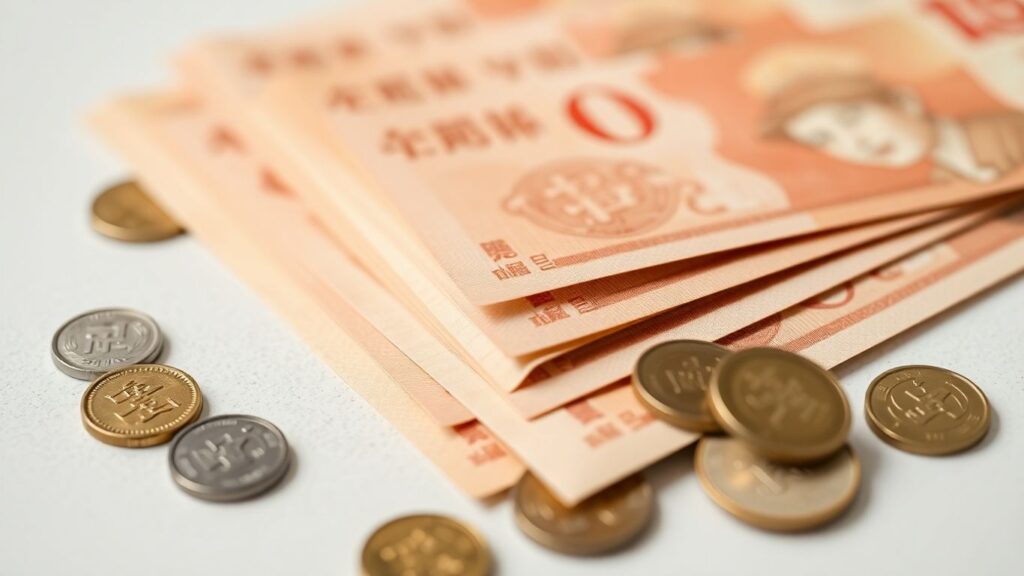

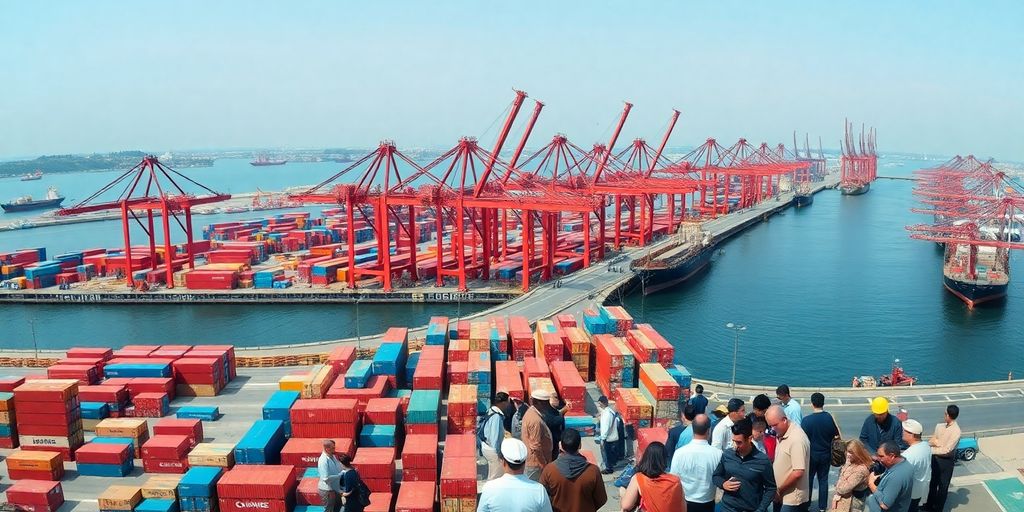
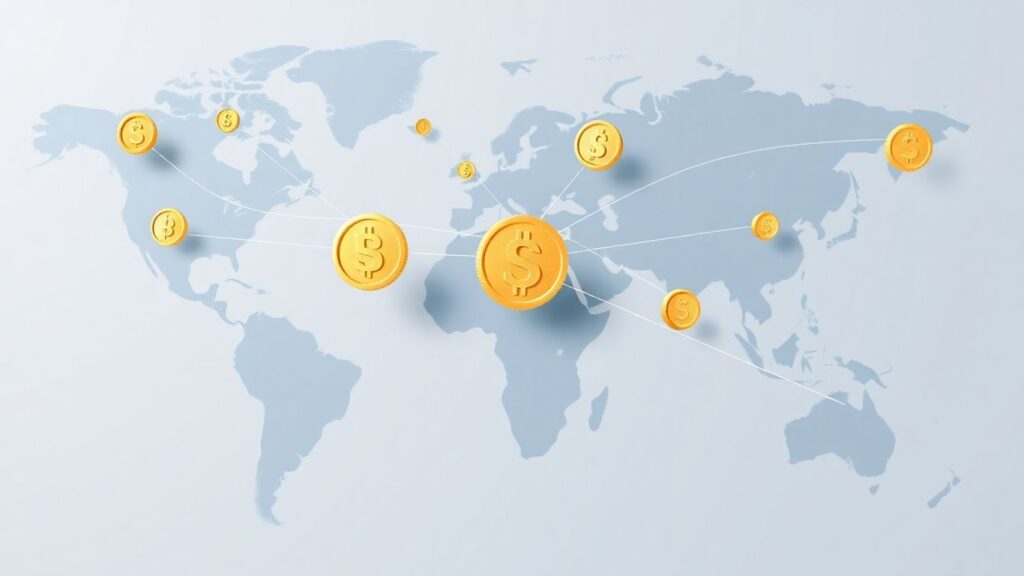

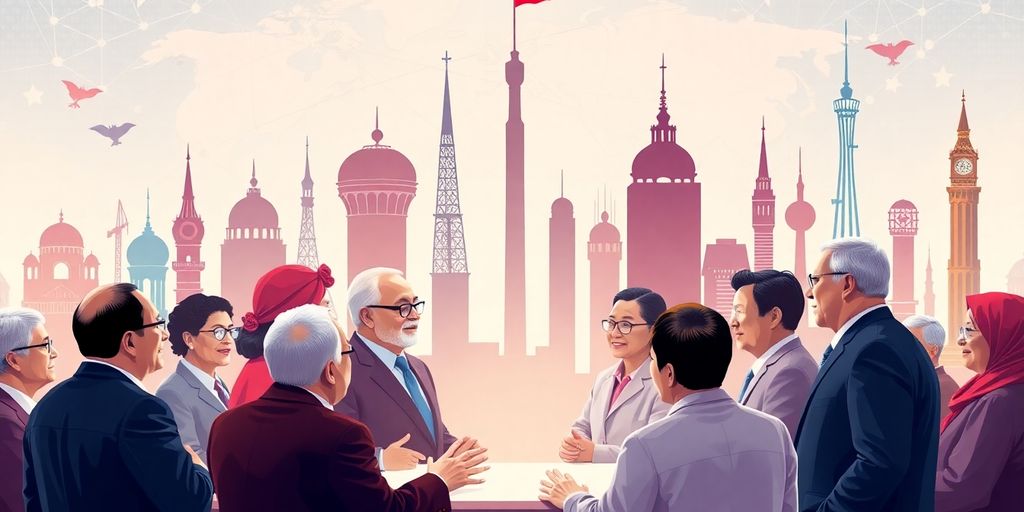
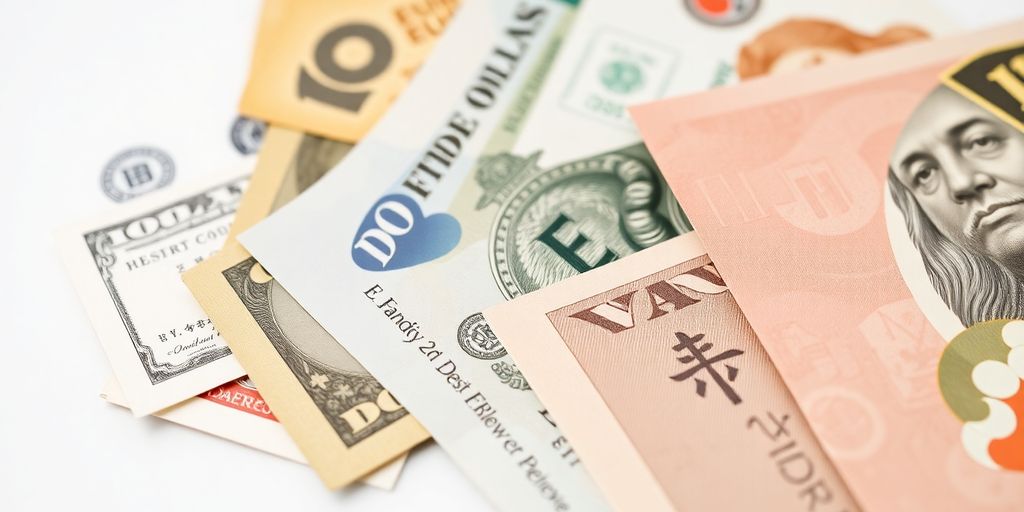
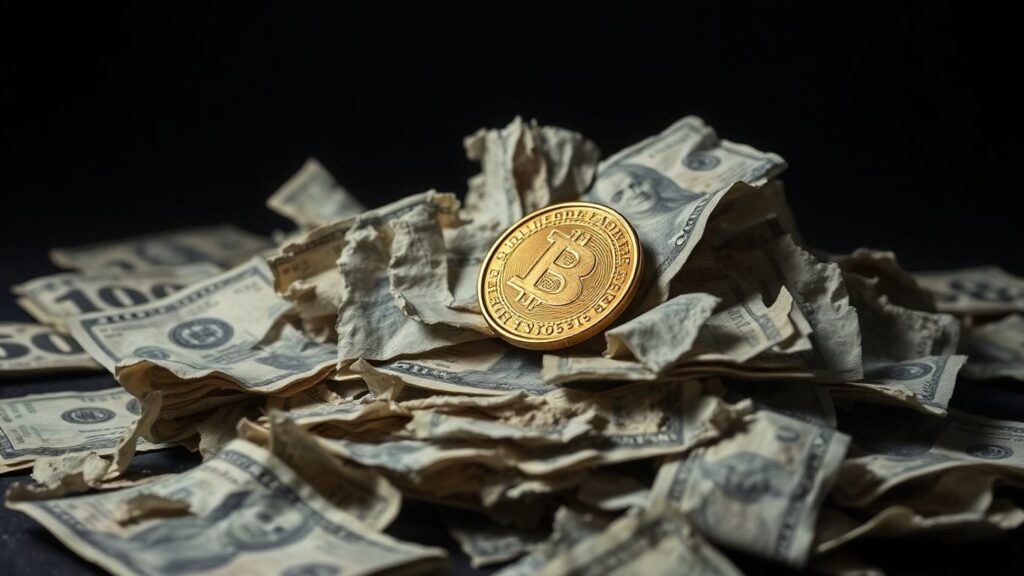
Responses